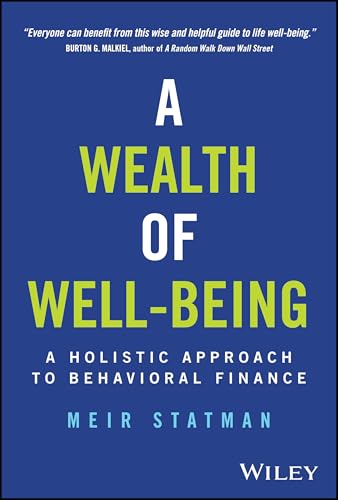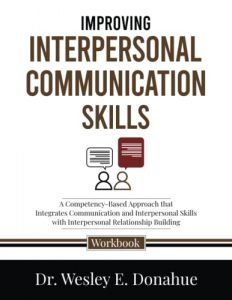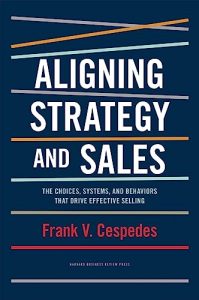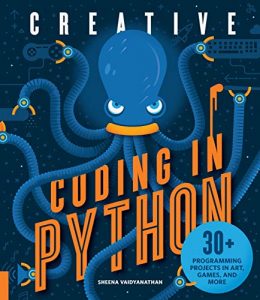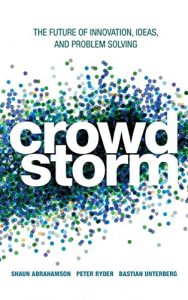Explore the Essential Reads on Financial Wellness and Retirement Planning
In the ever-evolving landscape of finance, understanding how behavior influences our monetary decisions is crucial. Here’s a selection of must-read books that delve into behavioral finance, retirement planning, and emotional investing. Get ready to transform your financial mindset!
A Wealth of Well-Being: A Holistic Approach to Behavioral Finance
Meir Statman’s “A Wealth of Well-Being” presents a unique perspective that integrates behavioral finance with holistic well-being. This book emphasizes the psychological aspects of finance, offering tools to better understand our financial behavior. It encourages readers to consider not just wealth accumulation but also the quality of life tied to financial decisions. Statman’s insights are essential for anyone looking to not only grow their wealth but also enhance their overall well-being. This book is a powerful reminder that financial success is not merely about numbers; it’s about achieving a satisfying and meaningful life.

The Four-Minute Retirement Plan
Michael Cannivet’s “The Four-Minute Retirement Plan” is a game-changer for those approaching retirement. It provides a strategic framework for protecting your past while ensuring a secure future. Cannivet’s concise, actionable advice allows readers to efficiently sculpt their retirement strategy in mere minutes. This method is perfect for individuals intimidated by long financial plans. Furthermore, the book addresses how to live fully in the present while preparing financially for retirement, a delicate balance that many overlook. This blend of practical tips and reflective insights makes it a compelling read for anyone at any stage of their career.

Save More Tomorrow
Shlomo Benartzi’s “Save More Tomorrow” revolutionizes how we view 401(k) plans with its practical solutions aimed at boosting savings behavior. This approach takes into account the common pitfalls many encounter, such as procrastination and lack of motivation. Benartzi’s research-backed strategies help readers understand how to methodically increase their savings over time without sacrificing their immediate lifestyle. His ideas promote a culture of saving, challenging traditional financial advice with innovative methods that resonate in today’s chaotic economic environment. This book is indispensable for anyone looking to enhance their long-term financial security.

Retirement Planning Simplified
Greg McLaughlin’s “Retirement Planning Simplified” serves as a comprehensive guide for approaching retirement with clarity and confidence. This book breaks down complex financial jargon into digestible sections, making it accessible to readers of all backgrounds. McLaughlin emphasizes building lasting wealth through smart planning while prioritizing wellness. With actionable steps, detailed checklists, and motivational insights, this book equips readers with everything they need to create a sustainable financial plan that lasts a lifetime. Whether you are just starting your career or nearing retirement, this guide will be a beneficial companion.

Psychology of Financial Planning
In the “Psychology of Financial Planning,” authors Brad Klontz, Charles R. Chaffin, and Ted Klontz explore the intersection between emotions and financial decision-making. This book uncovers the hidden psychological influences that affect our financial behavior and offers insights into how to harness these factors to improve financial outcomes. It’s imperative for financial professionals and individuals alike to grasp how behavior drives money decisions. The depth of research along with practical applications provided in this guide can lead to more profound financial transformation. Understanding one’s behavior towards money is key to achieving financial success.

Emotionally Invested
Mary Clements Evans’s “Emotionally Invested” tackles the often-ignored emotional component of retirement planning. The book provides techniques to outsmart anxiety, empowering readers to confront fears that can impede their financial decisions. By promoting a positive mindset towards money management, Evans encourages a more thoughtful approach to financial planning. This book is not just about numbers; it’s about cultivating a healthy relationship with money, which is crucial for successful retirement planning. Whether anxious or confident about retirement, readers will find valuable advice to help alleviate fears and enhance their financial journey.

Your Insiders’ Guide to Retirement
Troy Daum, Gordon Tudor, and Jeff Poole present “Your Insiders’ Guide to Retirement,” a practical exploration of the transition from working life to retirement. This collaborative effort shares insider knowledge that simplifies the retirement process, covering essential aspects to ensure a smooth and enjoyable transition. It combines real experiences with actionable advice, offering readers the insights necessary to navigate this significant life change effectively. This guide beautifully balances practical financial planning with the emotional adjustments required for a fulfilling retirement, making it a key resource in your retirement planning journey.

How Not To Invest
Barry Ritholtz’s “How Not To Invest” brings humor and clarity to the often daunting investment landscape by highlighting the common mistakes that can lead to financial loss. This engaging read not only outlines erroneous investment behaviors but also provides a roadmap on how to avoid them successfully. Ritholtz encourages readers to think critically in their investment decisions while emphasizing the importance of understanding market behaviors. It’s an enlightening book for novice and experienced investors alike, reinforcing the idea that successful investing is about avoiding pitfalls as much as it is about making smart investments.

Pension Design and Structure
“Pension Design and Structure” offers a comprehensive view of pension plans through the lens of behavioral finance. The authors, including Olivia S. Mitchell and Stephen P. Utkus, break down the complexities of pension systems, revealing how behavioral insights can lead to better design and outcomes. This book is vital for policymakers, financial planners, and individuals seeking to understand the intricacies of retirement funding. It pulls together theoretical frameworks and practical applications that can shape effective policies and personal strategies. This scholarly work lays the groundwork for advancements in pension structures that benefit all.

A Random Walk Down Wall Street
Burton G. Malkiel’s “A Random Walk Down Wall Street” remains a vital resource for beginners and seasoned investors. The book articulates the principles of efficient markets and challenging the idea that any individual can consistently outperform the market. Malkiel’s no-nonsense approach emphasizes that a diversified portfolio and a long-term perspective yield the best returns. This classic text not only educates readers about investment strategies but also demystifies the stock market in an engaging manner. Readers will find Malkiel’s wisdom invaluable as they navigate their investment journeys.

These books are essential reads for anyone looking to enhance their financial wellness and navigate the complexities of retirement. Dive into these texts and empower yourself with the knowledge to take control of your financial future!

